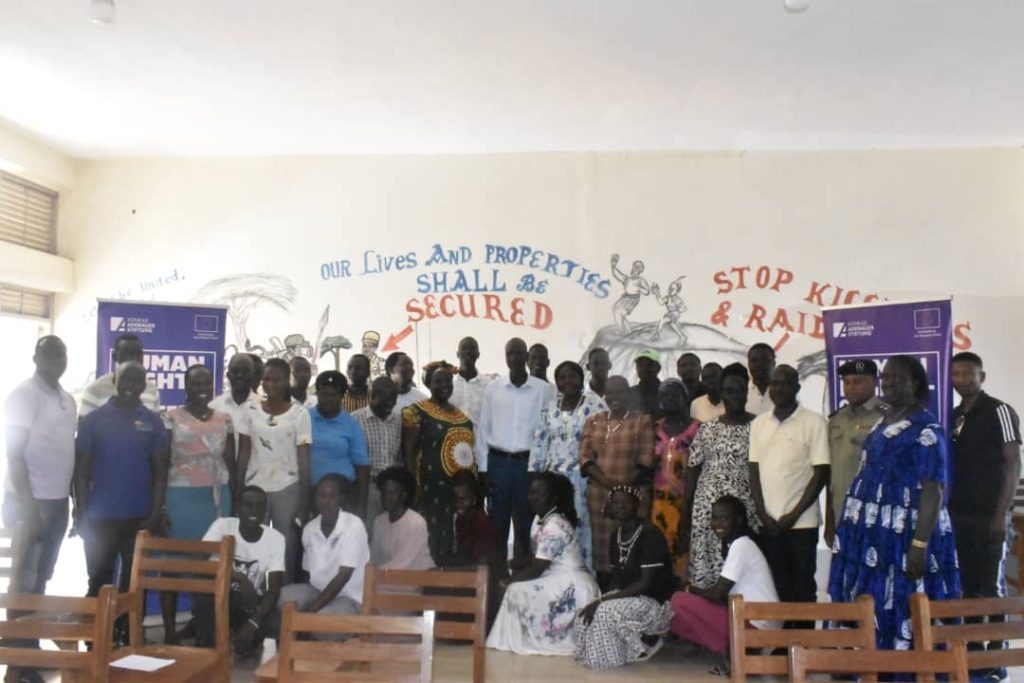By Richard Onapatum
Kotido, Uganda – A human rights dialogue organized by Konrad Adenauer Stiftung, in partnership with the European Union on Friday 11th, Oct 2024, has shed light on the pervasive fear and intimidation hindering reporting of human rights abuses in Kotido district.
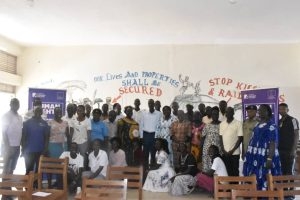
The dialogue, attended by government leaders, security agencies, politicians, journalists, and community-based organizations, aimed to promote community action to strengthen evidence-based advocacy for human rights protection and promotion.
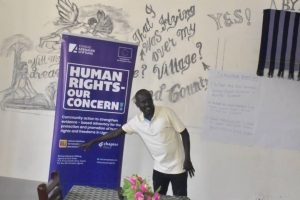
Okurut Samson, Konrad Adenauer Stiftung’s focal person, emphasized the region’s high incidence of human rights abuse, particularly in civic education. “We have worked in Karamoja since 2015, supporting African Institute for Investigative Journalism and Chapter 4,” he said, noting that 50% of funding comes from the EU and 50% from Konrad Adenauer Stiftung.
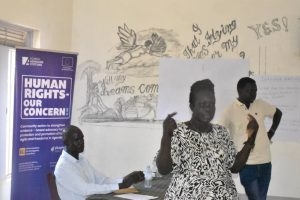
Jessica Ruth Ataa, Chief Moderator from NARWOA, encouraged participants to express themselves freely, highlighting gaps in police services, such as photocopying, which often delays justice. “Be free in your expressions,” she urged.
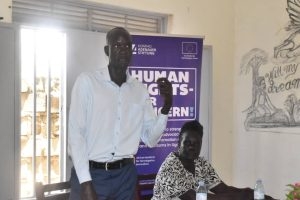
Assistant RDC Lokwii Peter Abrahams emphasized punitive measures for errant officers and urged the public to report violations with evidence. “Compensation has been provided to some victims, and we encourage others to come forward,” he said, adding that his office has recently engaged with the public to report cases.
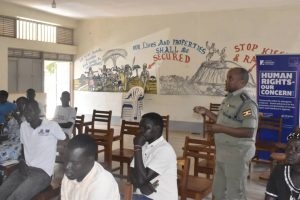
OC Nuwataho Samuel noted that while some police officers may have “bad manners,” they can change. He shared instances of forced marriage and human rights violations.
However, speakers overwhelmingly identified fear as a significant factor affecting their willingness to report human rights abuses.
Kapel Sabina, directly elected councilor for Panayangara, cited lack of transparency and political oppression. “A lady was raped during a cordon and search operation, but information was suppressed,” she said.
Other concerns raised included:
– Torture
– Gender-Based Violence (GBV)
– Forced Marriages
– Defilement
– Negative Cultural Practices
– Rape
– Widow Inheritance
– Child Labor
– Killings/Murders
– Water Scarcity
– Arbitrary Arrests
– Political Oppression
Local leaders recommended:
– Enactment of Ordinances
– Community Sensitization
– Case Management and Mediation
– Documentation and Reporting
– Involvement of Human Rights Actors
– Compensation of Victims
– Visiting Places of Detention
The dialogue underscored the need for strengthened referral pathways, documentation of cases, and training of security personnel on human rights using traditional justice channels.
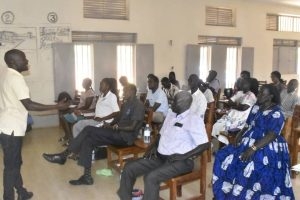
“The majority of Karimojong are illiterate, needing awareness and sensitization,” said Lokwii Peter Abrahams.
“Security personnel are spearheading the sale of alcohol, and it’s not safe to talk about human rights,” added Kapel Sabina.
The human rights dialogue was organized by Konrad Adenauer Stiftung, co-funded by the European Union, as part of the “Human Rights: Our Concern” project.
Project Background:
The “Human Rights: Our Concern” project aims to promote community action to strengthen evidence-based advocacy for human rights protection and promotion in Uganda. The project is implemented in 14 districts, including Kotido.


